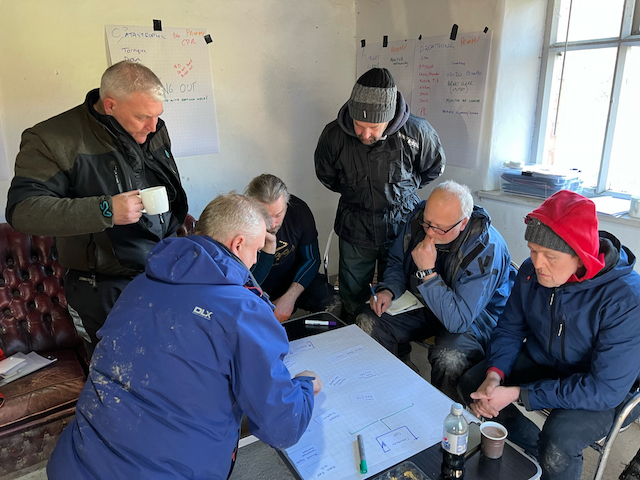
Planning is a cornerstone of successful remote overland expeditions. It enhances safety, resource management, and overall expedition efficiency, contributing to a more enjoyable and rewarding experience for participants.
Planning is paramount in remote overland expeditions for several reasons:
1. Safety: Thorough planning helps identify potential risks and hazards, allowing for effective risk mitigation strategies. This includes evaluating the terrain, weather conditions, and potential challenges to ensure the safety of participants.
2. Resource Management: Remote areas often lack easy access to resources. Planning helps manage essential supplies such as fuel, water, and food, ensuring the group’s needs are met throughout the expedition.
3. Route Selection: Planning allows for the careful selection of routes, taking into account factors like topography, road conditions, and potential obstacles. This helps avoid unnecessary risks and ensures a smoother journey.
4. Emergency Preparedness: Adequate planning includes developing and communicating emergency response plans. This ensures that the team is prepared to handle medical emergencies, equipment failures, or unexpected events in remote locations.
5. Navigation: Planning involves detailed map study and route navigation. GPS coordinates, landmarks, and alternative routes should be considered to avoid getting lost in unfamiliar and vast terrain.
6. Permit and Regulations: Planning helps in obtaining the necessary permits and adhering to local regulations, avoiding legal issues that may arise from unauthorized travel in specific areas.
7. Communication Strategy: Establishing effective communication strategies is essential in remote areas where communication tools may have limitations. Planning for communication devices, schedules, and emergency protocols enhances overall expedition safety.
8. Environmental Considerations: Planning should include measures to minimize the environmental impact of the expedition. This involves understanding and adhering to Leave No Trace principles to preserve the wilderness.
9. Logistics: Coordinating logistics, including vehicle maintenance, fuel stops, and accommodation planning, ensures a smoother and more enjoyable expedition.
10. Contingency Plans: Remote expeditions often face unforeseen challenges. Planning allows for the development of contingency plans, providing a structured approach to handling unexpected situations.
